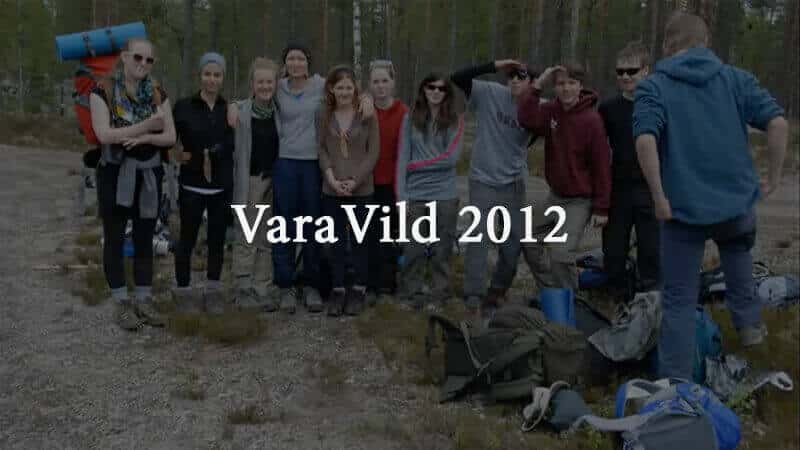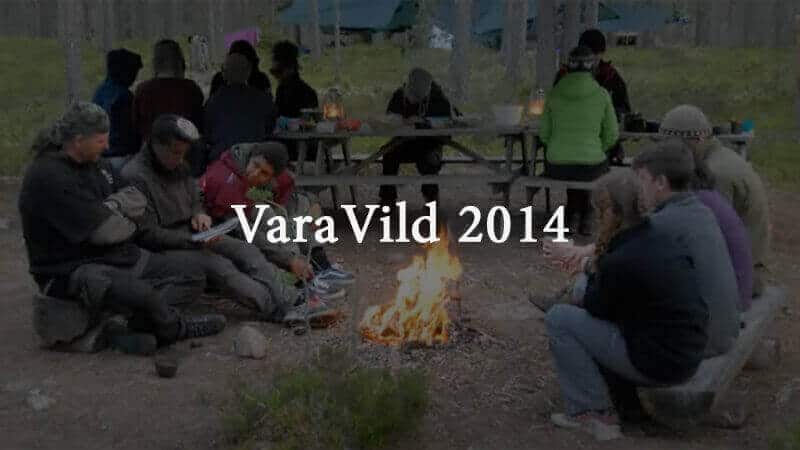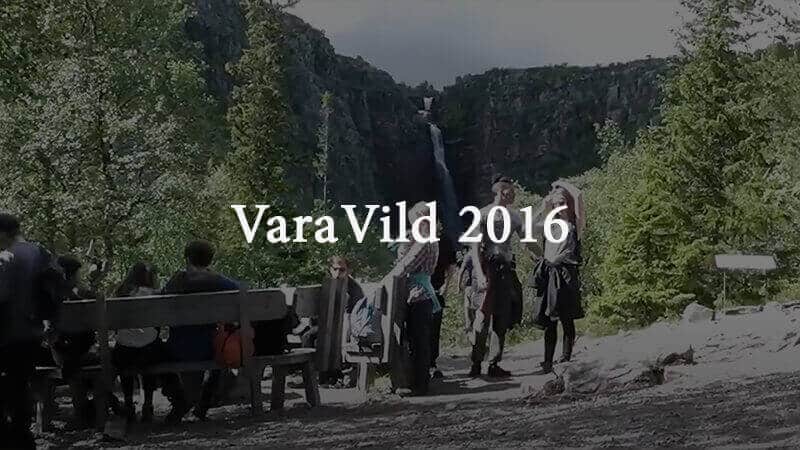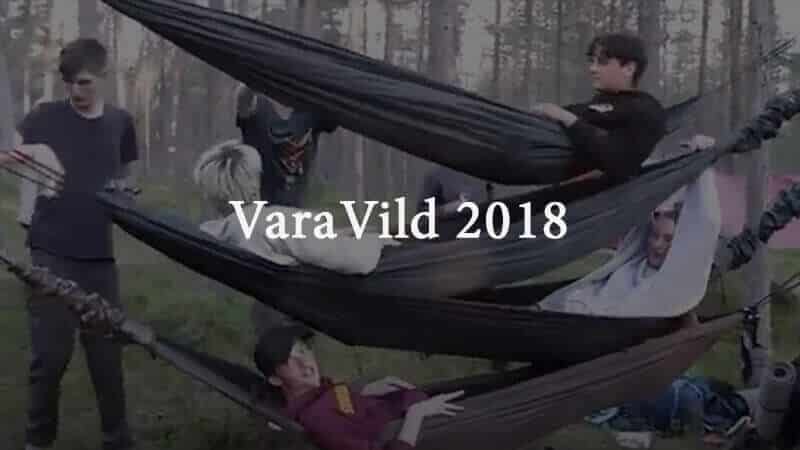For Choice in Education
Class Ten - Towards Balance
Thematically, Class Ten is the year of discovery of transitions and metamorphosis. After experiencing the extremes and polarities of Class Nine, students are prepared to recognize that unity between opposites can be realized if one is conscious of the points of transition. This recognition is made possible by the growing intellect and it is a skill that serves academic and social growth.
The pupils are developing better reasoning skills, as their ability to hold back judgment, listen and observe more carefully grows. Where a Class Nine pupil may cling to unsupported biases and be prone to snap judgments that are hard to shake, the Class Ten pupil thinking is becoming more focused and reflective. This new intellectual power helps them to find balance in the unstable emotional realm of sympathies and antipathies and better able to use logic to analyze that which can be understood through thought.
In Class Ten the pupils are able to compare, contrast information and are often eager to take up philosophical questions about the human soul and the nature of life itself. Initially, they lack the ability to maintain extended periods of concentration, but their zest for challenging authority and social norms gives them plenty of opportunities to test their budding ability to reason. Though they are able to think in abstractions and generalisations, they lack wisdom and experience that would give them the perspective needed to use these new intellectual forces in productive and transformative ways. However, over the year, as new experiences are acquired and old prejudices challenged, pupils broaden their worldview and step towards an ability to be more objective in their thoughts than ever before.
It is crucial that as thought consciousness develops the adolescents work on their thinking out of a feeling for the subject. Thinking must be kept alive by maintaining a sense of wonder, awe, and respect for the material studied. When educational material is brought in a way that appeals to the teen’s inner sense of goodness, beauty and truth, the school provides them opportunities to hone their moral sensibilities. Working artistically within the curriculum improves the adolescent’s capacity for observation, memory and imaginative thinking.
Further, artistic work allows the teen to experience freedom in the realm of feelings through which the will is connected to the intellect. The maturing Class Ten pupils are then able to direct the intellect according to their own inner thought process, bringing their enthusiasm and feeling for a subject into balance with objectivity. This is the budding of free thought.
Class Ten Course Guide
Main Lessons
*A Main Lesson lasts 2 hours and focuses for up to four weeks on one core subject drawn from the broad curriculum. The specialist teacher in the Upper School endeavours to integrate a range of artistic activities, techniques, delivery methods, learning styles and resources to encourage the pupil’s enthusiastic immersion in the subject.
Subject Lessons
*Subject Lessons are timetabled weekly.








